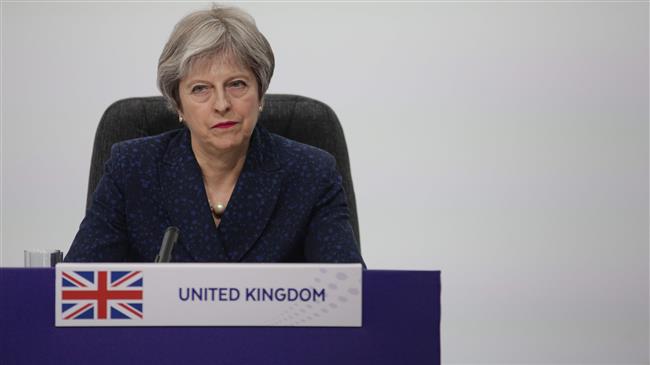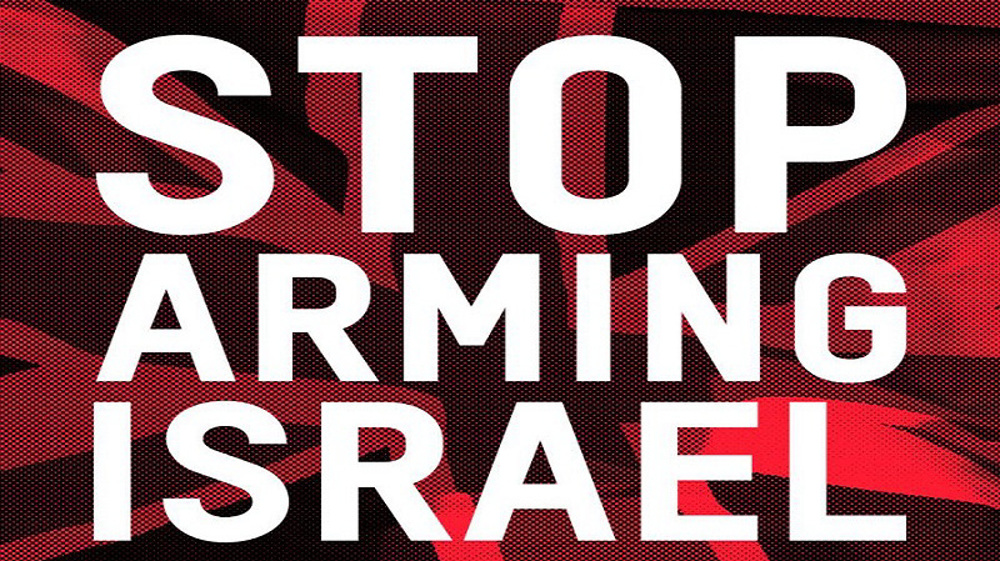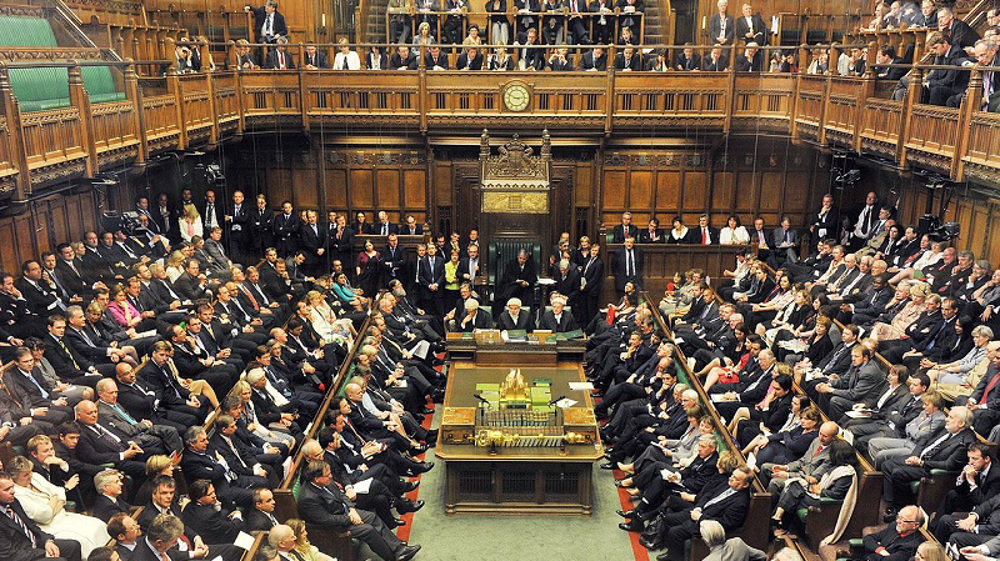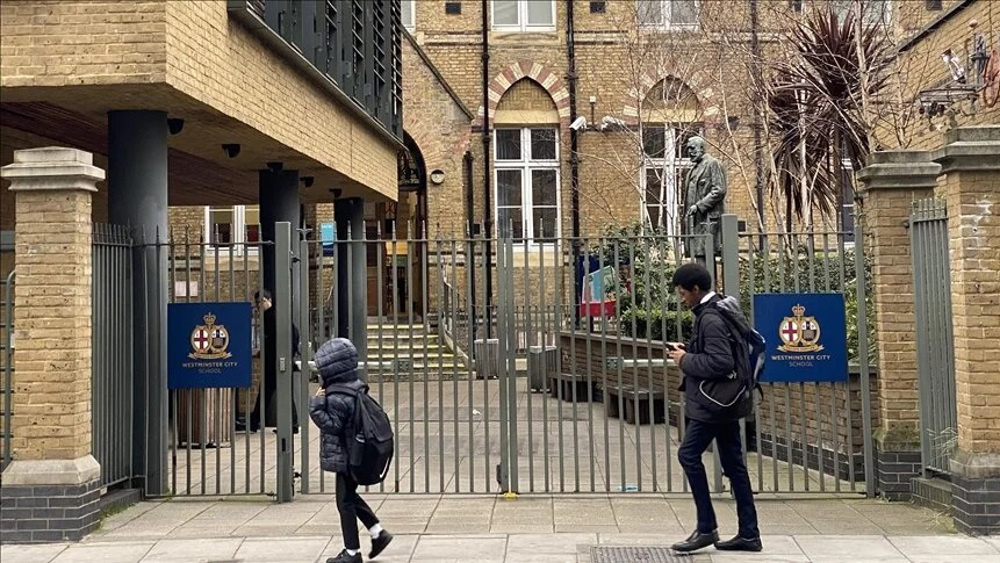UK PM May says Windrush migrants will be compensated
British Prime Minister Theresa May says the UK government will consider compensating members of the so-called “Windrush generation” following fierce criticism over a scandal involving black Caribbean immigrants.
May said on Friday that Britain will consider compensating members of the Windrush generation -- African-Caribbean people who immigrated to Britain after World War ll as cheaper labor -- who may have suffered after being wrongly labeled as illegal entrants.
Thousands of workers from the Caribbean region near Central America were invited to Britain to compensate for labor shortages between 1948 and 1971, but some of their descendants have been caught up in a tightening of immigration rules.
In some cases they have been denied health services, prevented from working or even threatened with deportation
“The UK will do whatever it takes, including where appropriate payment of compensation, to resolve the anxieties and problems which some of the Windrush generation have suffered,” May said in a speech to Commonwealth leaders.
“These people are British, they are part of us, they helped to build Britain and we are all the stronger for their contributions,” she added.
Britain has already voiced regret in a letter to the 12 countries involved, the first of whose workers arrived in 1948 on the “Empire Windrush” ship from Jamaica.
Much like Dreamers who were brought to the United States as children, many immigrant kids who arrived in the United Kingdom from the Caribbean and other former British colonies a half-century ago face an uncertain future.
They are the descendants of a generation, named after a ship — the MV Empire Windrush — that docked in the UK in June 1948 with cleaners, bus drivers, bricklayers and nurses from Jamaica, Trinidad and Tobago and other British territories as labor who would reconstruct war-ravaged Britain.
They arrived in the UK legally under previous freedom of movement laws for nationals of the Commonwealth, an intergovernmental organization of 53 member states that were mostly former territories of the British Empire. The immigrants did not need elaborate documentation or proof of British citizenship. Many never registered and did not obtain papers or documents of citizenship.
Changes to migration rules mean those who lack documents are now being told they need evidence to continue working, access key services or even remain in the UK
The new rules on immigration mean some of these immigrants are now being classified as illegal. They have faced deportation threats and in some cases stripped of their rights to access health care, employment and pensions.
The struggles of Occupied Palestine
Ayatollah Khamenei exalts great Persian poet on Saadi Day
Iran’s Civil Defense examines country’s preparation for potential threats
FBI chief: Chinese hackers targeting critical US infrastructure
New York Times leaked memo on Gaza coverage reveals obfuscation of facts
VIDEO | Press TV's news headlines
Barbados officially announces recognition of Palestine as state
US Senate reauthorizes surveillance bill despite privacy concerns











 This makes it easy to access the Press TV website
This makes it easy to access the Press TV website